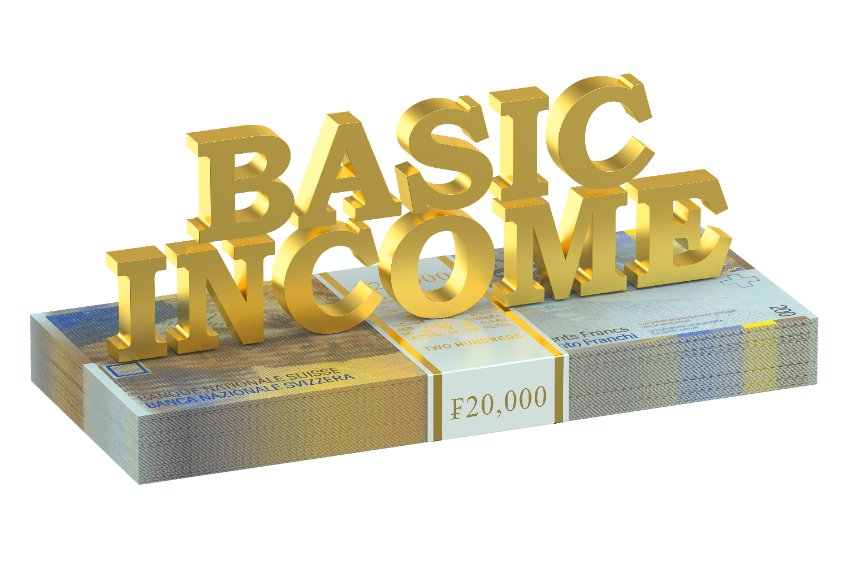Application Exercise 7i: Universal basic income

- A universal basic income (UBI) involves the government providing a given level of income to all adults in the economy regardless of whether they are employed or unemployed. The level of the income would be high enough to enable the recipients tonight their basic needs and there would be no disincentive for individuals to work and earn incomes above the UBI.
- The doubling of the JobSeeker allowance (unemployment benefits) during 2020 from $275 per week to $550 per week ensured that recipients of JobSeeker had sufficient income to meet their basic needs. In this respect, it was similar to a UBI, but of course the additional JobSeeker payments (referred to at the time as the coronavirus supplement) where only provided to those unemployed.
- The doubling of the JobSeeker allowance created perverse incentives because there were instances where workers (particularly part-time or casual employees) chose not to work (additional hours) because they were provided with enough money to afford the lifestyle they desired at the time.
- Given that a UBI provides everyone with a basic level of income, it does indeed have the potential to reduce incentives for some people to work, full stop, or to work with the requisite level of intensity or effort. Given the trade-off between leisure and work more generally, some workers might prefer to forego some employment (or not work as hard in workplaces where there is a close connection between work and pay – e.g. sales) in search of additional leisure given that their ‘basic’ or base level of income increases. To the extent that this reduces intensity of effort at workplaces, this is likely to lead to a reduction in the amount of output from any given level of labour inputs – i.e. labour productivity falls.
- If the right of technological change such that more and more of our national output can be produced with fewer labour resources then it effectively frees up people to indulge more in leisure and less in employment.
- The UBI would be funded by the government who would need to either raise taxes and/or reduce other forms of expenditure. Alternatively, the government could allow the budget to move further into deficit, which leads to higher interest rates than otherwise and an increase in public debt (which impacts negatively on future living standards as the debt needs to be serviced over time and repaid in the future. Depending on how the government decides to finance or fund the UBI, on has the potential to negatively impact on the labour market as higher taxes (or interest rates) negatively impact on business investment and aggregate demand, Which reduces the derived demand for labour. In addition, it will change it to reduce the supply of labour to labour markets, exerting upward pressure on wages and the costs of production, which ultimately reduces our competitiveness, further decreasing aggregate demand, economic growth and the demand for labour and employment.
